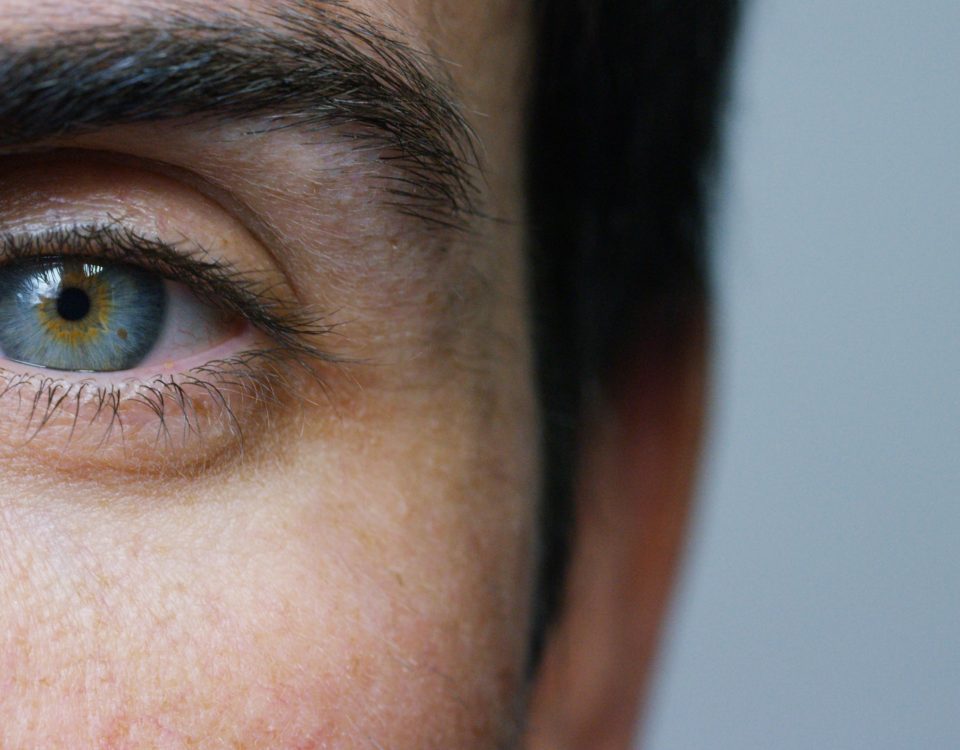“Stretching Out” Eyewear: Saving Money or Costing You Your Vision?

Risks and Preventative Steps: National Glaucoma Awareness Month
01/19/2022
The Importance of Sleep for Eye Health
03/26/2022This year, 4 in 10 Americans resolved to save more money. While it may be a good idea to reuse some items for extra savings, when it comes to your health, this technique can have serious consequences. Some people try to save money by “stretching out” their contacts, wearing them longer than directed. However, this habit puts your eye health and vision in danger. Read on to find out what stretching out your eyewear can cost you.
Sight-threatening protein and bacteria buildup.
Lenses are designed to be worn only for a specific amount of time. After that time, they can begin to deteriorate. Bacteria and protein can build up on the lens and in the eye, preventing oxygen permeability, blurring vision, and causing discomfort. Clean your contacts properly and stop wearing them after the directed wear time to prevent buildup that may produce bacterial infection or corneal ulcers, which can cause blurred vision and even vision loss.
Overuse prevents oxygen from reaching the eye.
Contacts can restrict some oxygen flow from reaching the surface of the eye, but when worn appropriately, since contacts are permeable, the cornea receives enough oxygen. When you overwear your lenses, however, contacts can seriously block moisture and oxygen. Not only does this dry out eyes, causing discomfort, irritation, and redness, but it also increases the likelihood of painful corneal abrasions.
“Stretching out” your contacts increases the likelihood of infection.
Overwearing your lenses can lead to inflammation and infections, like conjunctivitis (pink eye) or keratitis. Both infections are uncomfortable, itchy, and can cause unappealing discharge from the eyes. Keratitis can damage the inside of the eyes, potentially resulting in partial vision loss.
You shouldn’t “stretch out” your glasses, either.
If you’re someone who wears glasses rather than contacts, you may think that you’re free to wear the same frames for years and years without a change, but that’s not true! Wearing glasses with an outdated prescription can cause fatigue and eye strain that results in painful headaches. Continuing to wear the wrong prescription can be disorienting, but you may not even realize your eyes need an upgrade if you skip regular eye exams. Annual exams keep your vision sharp and can detect or prevent serious developments or diseases. Even if your prescription hasn’t changed, you may have grown, and it could be time for newly fitted frames!
Wearing your monthly contacts for an extra week or doubling up days for daily wear lenses may not seem like a big deal, but it can seriously cost you. Do not ever sleep in your lenses, and do not extend your contacts past their date. Contacts and glasses can be expensive, but investing in your eye health is worth your improved vision and quality of life.




